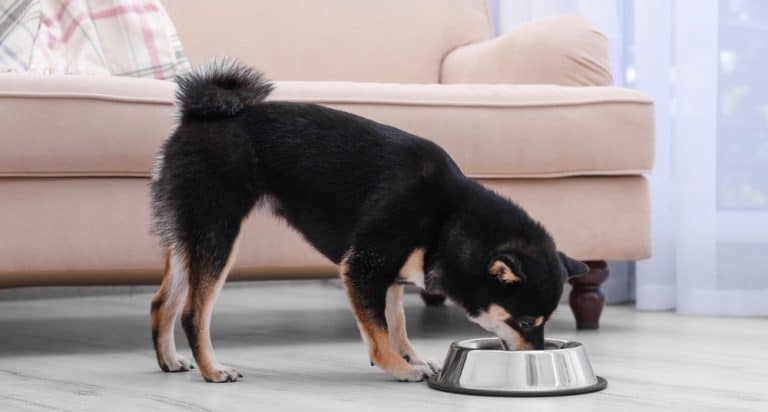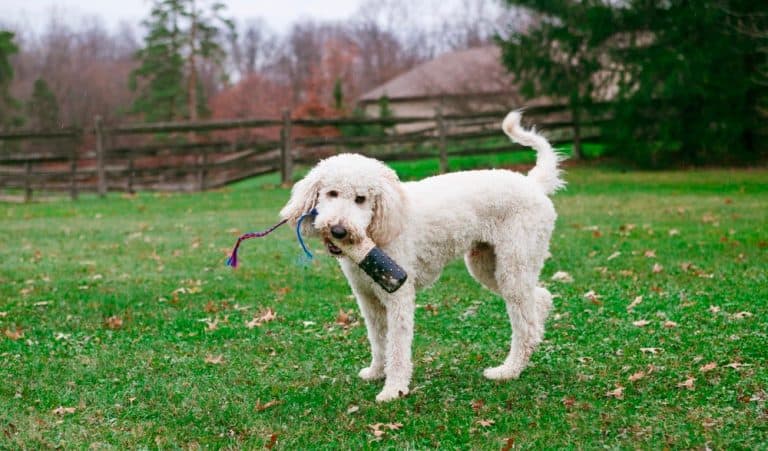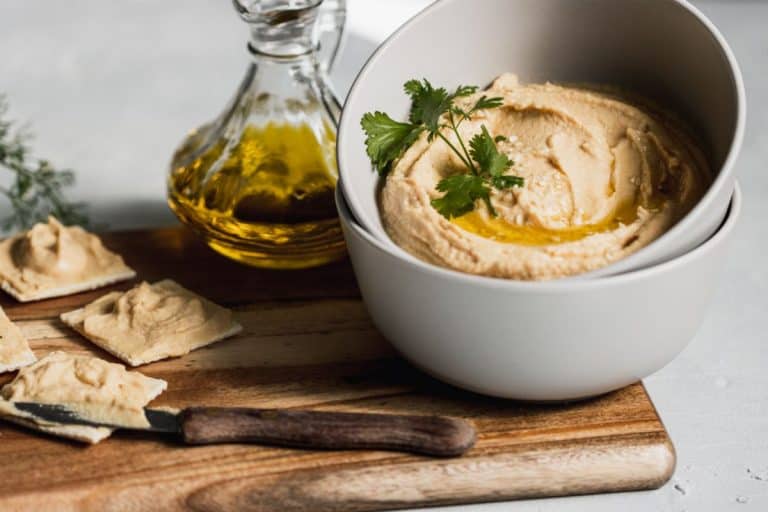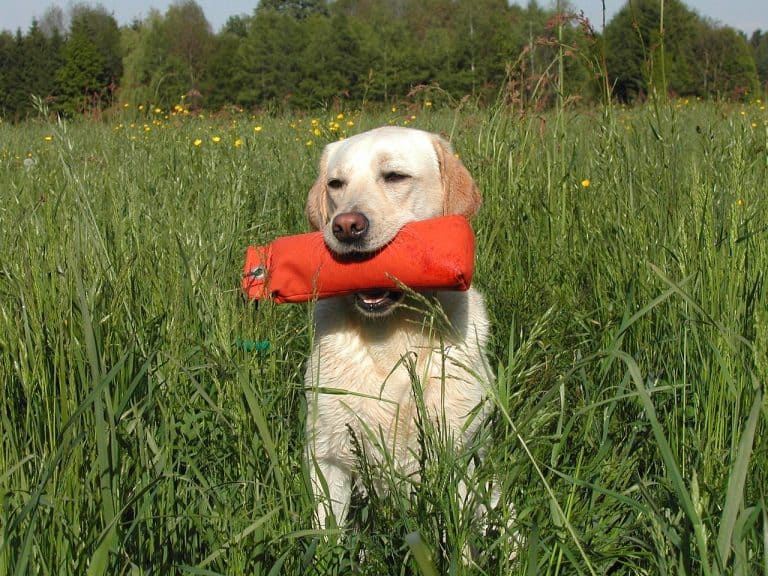How Much To Feed A Boxer Puppy? 4 Week – 6 Week – 8 Week – 10 Week Old Boxer Puppies
Bred in the 19th century in Germany, Boxers are lovable and energetic furry friends who probably ate a lot healthier back in the day than now.
With many additives included in dog food ingredients, it’s time we took a closer look at what we feed our Boxers, from when they are puppies to when they full-grown adults.
How Much To Feed A Boxer Puppy
When it comes to feeding your boxer puppy, it is important to make sure that you not only are feeding your dog the right Boxer puppy dog food but that you are also considering how much food your dog should be eating.
It is crucial to the health of your puppy to be consistent with feeding times as well as the quantity of food that you are feeding them. The amount of food that your puppy will need will change as the puppy grows, however.
If you are not sure how much you should be feeding your puppy, consult our list below for more information.
Boxer Puppy Feeding Schedule
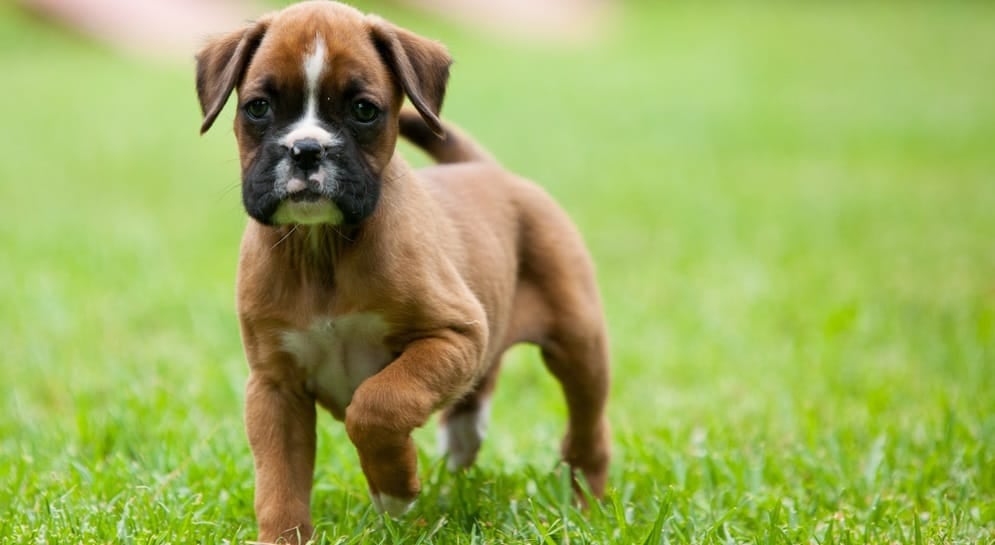
Puppies are much like growing children. They need a good amount of nutrients consistently in order to grow into the healthy large dogs that they are. While a full-grown boxer can easily weigh 70 pounds, a puppy needs the right care in order to reach their proper size.
Feeding schedules will ensure that your puppy is getting the right amount of nutrition and calories, but having your puppy on a feeding schedule is only one part of the equation.
Boxer puppies should not be fed just any generic type of puppy food. Instead, they need quality puppy food that is specifically designed for large breed dogs. These foods are made to help prevent future health risks that large dogs, like boxers are prone to get.
Our Recommended Dog Food For Boxer Puppies
- Royal Canin Boxer Puppy Dry Dog (Editor’s Choice)
- Nutro Wholesome Essentials (Runner-Up)
- Taste of the Wild High Prairie Puppy (Budget Friendly)
2 Week Old Boxer Puppy
A 2 week old boxer puppy should still be with his mother. This is the week the puppy will be opening his eyes. He will rely on his mother for milk and will not be weaning yet.
Note that smaller puppies might not be getting as much milk as the larger puppies. If you are concerned about your puppy not getting enough milk, allow the smaller puppy to drink before siblings or you might need to supplement with a formula.
3 Week Old Boxer Puppy
By 3 weeks, your boxer puppy will have doubled in size and be able to take in more of his world. At puppy of this age will still need to be kept completely on his mother’s milk, but his eyes should be open and he should be taking in a little more of the world.
As personalities begin to come out, some boxer puppies will be more assertive in getting milk than others, so keep an eye on the pups that might not be getting as much milk as they need. There is always a change you will need to supplement.
4 Week Old Boxer Puppy
At 4 weeks, your puppy will be ready to start weaning from his mother’s milk. To help the puppy transition from milk to puppy food, you will need to mix ¼ puppy food with ¾ water. It will be very soupy. Start with small amounts to let the puppy’s digestive system adjust to the new foods and help him get used to solid food.
Offer the puppy the mixture three to four times a day, but do not try to force him to eat it. The 4 week old boxer puppy should still be allowed to eat at will from his mother as well, as the transition is not going to happen overnight, but the course of the next couple of weeks.
5 Week Old Boxer Puppy
When your puppy is 5 weeks old, you should still be offering your mixture of puppy food to see if he is getting more interested. Some pups are more excited at the prospect of weaning than other ones are.
His mother should still be the primary source of his food, but she will also be less interested in sticking around to feed the puppies and might distance herself as well. Puppies should have their milk teeth in my now which will mean it is less comfortable for their mom to be nursing and they should be more interested in food.
6 Week Old Boxer Puppy
By 6 weeks, your puppy should have been introduced to the puppy food mixture and be offered the food at least 4 times a day. As the puppy begins to eat more of the puppy food, gradually reduce the liquid in the mixture.
Start by moving to half water/half food. Once the puppy is eating that food with ease and no apparent stomach issues, you can move up to ¼ liquid with ¾ puppy food. The puppy should be getting more interested in moving around and exploring by this age, making the weaning process smoother.
7 Week Old Boxer Puppy
By 7 weeks, your puppy should be eating the puppy food regularly. If the mother dog is allowing them to nurse at all, she will be doing a quick stop where she nurses the pups while standing. Then, she will take off again.
Otherwise, you can expect the mother to be avoiding the puppies, allowing them move completely to puppy food. Your puppy will likely not be eating much of the puppy food yet as his stomach is still growing and becoming acclimated. You should offer your puppy food 3 to 4 times a day, giving him an opportunity to eat and removing anything uneaten.
8 Week Old Boxer Puppy
By 8 weeks, your puppy should be fully weaned from his mother’s milk. Puppies should be offered puppy food 3 to 4 times a day, having at least breakfast, lunch, and dinner. The amount of food you should be feeding your boxer pup will depend on the dog himself. Ideally, your 8 week old boxer puppy should be getting at least 2 cups of food a day.
The food cannot be just left out for him to eat at will, because boxers especially have a tendency to get bloat when they overeat. This is also the age that puppies can start to be rehomed.
9 Week Old Boxer
At 9 weeks, your boxer puppy will have been rehomed and be adjusting to new homes and routines. There is a chance that the dog food that you feed your puppy will not be the same as what the breeder was feeding the puppy. If this is the case, you should make the change of food slowly in order to not upset the dog’s digestive system.
They will have more energy now as well, which might mean that they need more calories or eat larger portion. He probably won’t venture far at this age, but he will be picking up anything from the ground so be cautious.
10 Week Old Boxer Puppy
At 10 weeks, your active puppy should be eating around twice the amount of an adult boxer. Puppies not only need the fat and calories to help them grow, but they are more active and burn more energy than an adult boxer does. You still cannot let a puppy eat freely at will as he might eat a day’s worth of food in a meal and bloat out, which is very dangerous for boxer puppies.
11 Week Old Boxer Puppy
11 weeks is a huge growth week for your boxer puppy. In fact, he should be eating nearly double the amount of food that he will eat as an adult due to the rapid growth. You should aim to keep your boxer as fit as possible, however, so keep in mind that you should be able to see his waist easily.
Also, as boxers tend to have more sensitive stomachs, look for any signs that your down is allergic to his food or isn’t processing his food well. Discuss any concerns that you have able his growth with your vet.
12 Week Old Boxer Puppy
Your puppy should be growing steadily at this point and you should not need to worry as much about weight gain as you would have at earlier stages of puppyhood. Your puppy should be easily eating dry dog food, broken up into at least three meals a day.
Having set meal times will not only help keep your puppy’s digestive system healthy, but is also key in housebreaking. Your puppy will grow rapidly, requiring up to four cups of food a day. If you see ribs at all, you might need to increase the amount of food your pup is receiving.
How Much Do Boxer Puppies Grow Each Week?
Boxers are large dogs. Your puppy should gain about 2 pounds a week for the first 6 months of his life. They vary in weight from 65 to 80 pounds as adults and so they gain that weight slowly over time.
Their weekly weights will go up and down throughout growth spurts, so if your puppy does not gain much 1 week, it might gain the next week. Eventually, your boxer should reach between 21 and 25 inches tall.
1. Royal Canin Boxer Breed Health
Editor’s Choice
Our Editor’s Choice for the best puppy food for a boxer is the Royal Canin Boxer Puppy Food. This food is specifically formulated with the needs of a boxer puppy in mind.
The kibble itself is designed to be able to be picked up with the unique short muzzle of a boxer, making it easier for a puppy to eat.
Pros:
- 28% protein for muscle development
- Maintains a balanced intestinal flora
- Contains probiotics and antioxidants
- Takes cardiac sensitivity into account
- Specifically formulated for the boxer breed
Cons:
2. Nutro Wholesome Essentials
Runner-Up
Our runner-up for the best boxer puppy food is the Nutro Wholesome Essentials. While this is not specifically formulated for boxers, it is a healthy and nutritious puppy food for large breeds.
This is a natural food, made from non-GMO and farm-raised ingredients, helping ensure your puppy is getting exactly what he needs to grow well.
Pros:
- Contains farm-raised chicken
- Has calcium and Omega 3 fatty acids for bone development
- Made with Non-GMO ingredients
- Contains Vitamin E to help the immune system
- Has high-quality glucosamine for joint health
Cons:
3. Taste of the Wild High Prairie
Budget Friendly
When it comes to large breed dogs, the cost of puppy food can add up quickly. For that reason, our choice for a budget-friendly food is the Taste of the Wild Puppy Food.
This high quality food comes with a healthy amount of protein-rich vitamins and minerals. While this is not a large breed specific food, it still does have a high protein content that large breeds require for muscle development.
Pros:
- Contains DHA for brain and vision development
- High protein from added vitamins and minerals
- Made in the USA
- Rich protein from roasted bison and venison
- No grain or filler
Cons:
4.Merrick Grain Free Puppy Recipe
Another wonderful choice for your boxer puppy is the Merrick Grain Free Puppy Food. This is an all-breed puppy food that is not specific to large breeds or boxers, but still has a good amount of glucosamine to help growing joints.
The Merrick food has no gluten or filler ingredients, making it an excellent source of protein and other essential minerals for your growing boxer.
Pros:
- Grain-free nutrition, no gluten or filler
- Contains DHA for healthy brain development
- First ingredient is real, deboned chicken
- Made in the USA
- High levels of glucosamine and chondroitin
Cons:
- Not large breed specific
5. Hill’s Science Diet
Our final review is for the Hill’s Science Diet Large Breed Puppy Food. This dry dog food has been scientifically formulated to meet the needs of large breed puppies.
This food contains natural sources of glucosamine and chondroitin which are essential to joint health. Since boxers are prone to hip dysplasia, having these minerals can help the development of your pup.
Pros:
- High levels of calcium for bone growth
- Formulated for large breed puppies
- Contains antioxidants with Vitamins A and E
- Made with natural, high quality ingredients
- Great flavours to excite your puppy
Cons:
- Does contain oats and grain
2 Month Old Boxer Puppy Weight
At 2 months, your boxer puppy should be right around 20 pounds. Keep in mind that a boxer female will weigh less than a boxer male. The weight difference will become larger as the puppies grow. Your puppy might be underweight if you can clearly see his ribs. Likewise an overweight puppy will have no distinguishable waist.
3 Month Old Boxer Puppy Weight
By 3 months, your puppy should weigh between 20 and 25 pounds. Your puppy should still be growing steadily and consistently. A boxer should never be left to freely eat at will because the breed is likely to eat an entire bowl of food in a sitting. It is up to you to break up the daily allotment of food into healthy portions.
4 Month Old Boxer Puppy Weight
When your boxer puppy reaches 4 months, he or she should weigh between 28 and 30 pounds. He will continue to gain weight steadily until about 16 months of age. At a year, your boxer should weigh between 50 and 60 pounds, as he gradually gets closes to the average 70 pounds of a full-grown boxer. As long as you continue to feed your puppy consistently with the best quality of food, you will set your boxer for a long and healthy life.
5 Month Old Boxer Puppy Weight
A boxer puppy at 5 months can weigh anywhere from 33 to 43 pounds, on average. The weights will vary based on the sex of your dog as well as his general physique and health. If he is on the higher side of that spectrum, you should confirm that the weight is muscle mass and not fat.
Boxers who are overweight have a hard time losing it and it can cause a lifetime of health concerns. You should be able to reduce the amount food you are giving as well. It is ideal to feed 3 times a day, but your puppy shouldn’t be as hungry.
6 Month Old Boxer Puppy Weight
When your puppy reaches 6 months of age, you can expect your boxer to be between 38 and 48 pounds. The growth rate will be slowing down now, so he should not be sprouting up as rapidly as he did before. He will not be done growing; however, the rate is just getting more gradual.
Your puppy should be eating the same quantity of food as an adult dog does, but still eating the puppy food that provides the more comprehensive calories and vitamins that a growing dog needs. Always keep a watchful eye on your dog to confirm that he is a healthy weight.
Switching From Boxer Puppy Food To Adult Food
Boxers do not stop growing until they are at least 18 months, but can continue growing up to 24 months. You should keep your boxer on puppy food until he has reached his full height, which might be around 18 months.
When you do decide it is time to transition your puppy to adult food, make sure you do it gradually, over the course of several days to prevent an upset stomach. Mix in the adult food with the puppy food and gradually decrease the amount of puppy food until it is only adult food.
What If My Boxer Puppy Won’t Eat
Your boxer puppy might not be eating for a few different reasons. The first is if he was adopted too young or has had a hard start to life. He might be too anxious or nervous to eat. If this is the case, you can try serving him baby food to see if he will become more interested in eating.
If your boxer was eating and suddenly stopped, it could be a sign of infection or another problem. It is best to call your vet in this case.
What Nutrients Does A Boxer Puppy Need?
Your boxer puppy needs high quality protein-rich foods. This is to help sustain his stamina. He should also get food that is full of calcium, taurine, and L-carnitine. Avoid foods that are full of fillers and grain, because these can cause weight gain, but do not add to anything as far as nutrition goes.
You will know that you are using the right food if the first ingredient is a protein, like chicken or beef. Boxers are large breed dogs, and so should be eating large breed puppy food.
Should You Feed A Boxer Puppy Supplements?
Because boxer puppy food is so rich in nutrients, you do not need to add in additional supplements to your puppy’s diet. In fact, supplements can be incredibly unhealthy, because you might be providing your puppy with too much nutrition.
Over-nutrition can lead to health issues as well as sickness. Once you have moved your boxer to adult food, you can talk to your vet about what types of supplements your boxer should take to stay healthy.
How Much Water Should A Boxer Puppy Drink?
In general, your puppy should be drinking about a half of a cup of water every two hours. Over time, he will need less, moving to about an ounce of water per each pound of body weight daily. You will notice that your boxer puppy drinks more than an adult dog.
This is because they are growing and need a lot in the way of hydration. When you are house training your puppy, you should remove his access to water about three hours before bedtime, but otherwise it should be readily available.
How Much Exercise Does A Boxer Puppy Need A Day?
A boxer puppy does not need the same amount of exercise that an adult boxer needs. The good rule of thumb is to provide 5 minutes of exercise per age in months. So a 2 month old puppy needs about 10 minutes of exercise a day, and a 6 month old puppy needs 30 minutes of exercise a day.
Adult boxers need 2 hours a day of exercise, but it takes time to build up the weight and muscles that can sustain that level of exercise.
Types Of Dog Food For Boxers
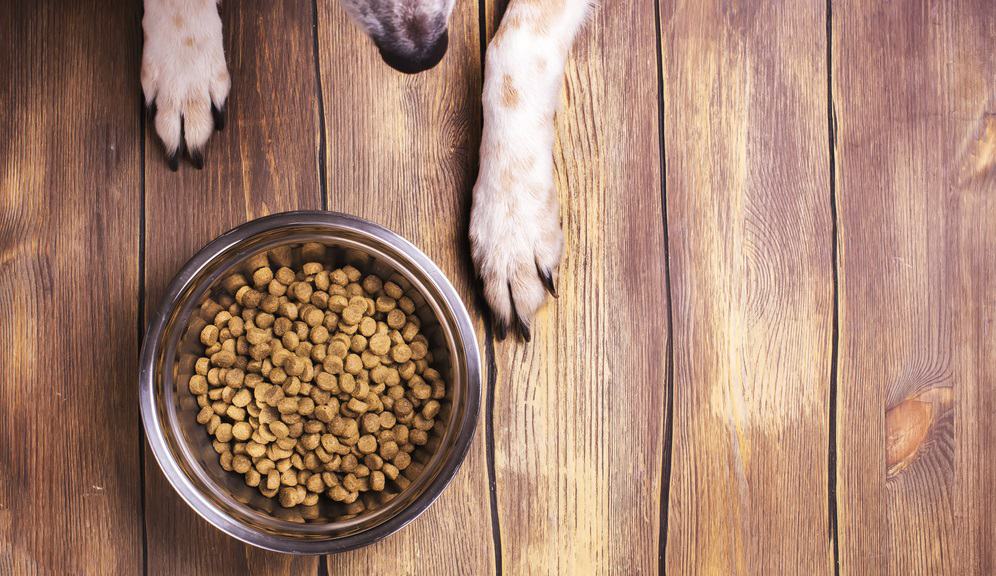
Your Boxer’s dog food should contain more quality protein than required for other breeds which will maintain their muscular build and energetic personalities. You can opt for a mix of commercial dog food as well as home cooked meals. Just beware of certain brands that contain more fillers which contain no nutrients for your dog. Also keep an eye out for food colorings and additives which cause your dog to have allergic reactions. Most of all, dogs need meat in their diet. They are not vegetarians and are born carnivores.
Feed Timings
Avoid placing a bowl of dog food out for your Boxer, expecting them to eat whenever they want. Putting out the right amount of food is essential to keep your dog from getting bloating, while also helps them to stick to a schedule which helps in their training to be a well behaved dog.



